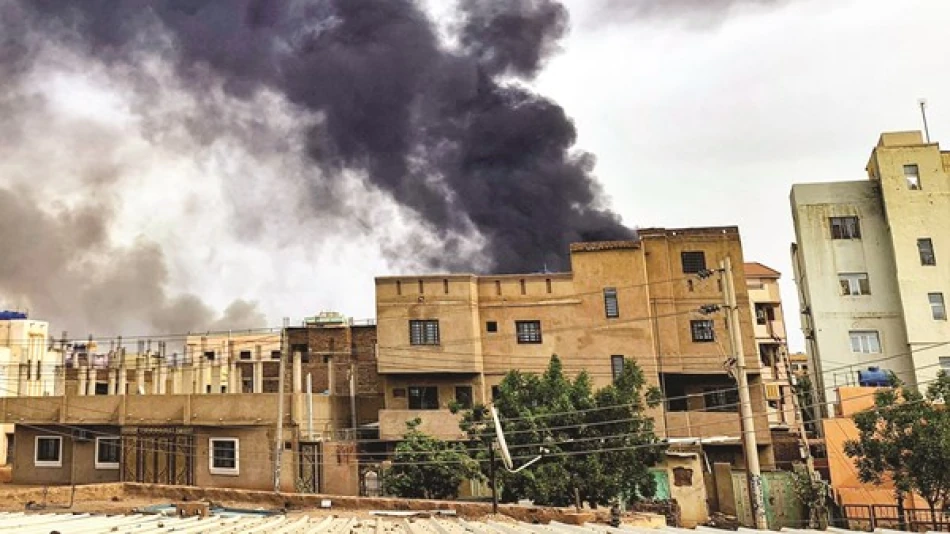
Qirqash: Political Pathway to End Sudan's Conflict, Experts Weigh In
The Sudanese army's loss of control over Al-Fashir, the last major city it held in western Darfur, has prompted urgent international calls for peace talks as Sudan's civil war enters its third year. The UAE's top diplomat says this defeat should push all sides toward political solutions, while the UN and regional powers warn that military victory remains impossible.
Dr. Anwar Gargash, diplomatic advisor to the UAE President, said the army's retreat from Al-Fashir after a lengthy siege shows why political negotiations are the only way forward. "This represents a moment that requires wisdom and realism," he wrote on X, pointing to international roadmaps already in place for restoring stability.
The Rapid Support Forces captured Al-Fashir yesterday, completing their control over Darfur's major urban centers. The city housed around 300,000 people according to UN estimates, many of whom have faced months of siege conditions with limited food and medical supplies.
Egypt's foreign minister spoke with senior US officials about implementing an immediate ceasefire, emphasizing the need to preserve Sudan's territorial integrity. Both countries stressed that protecting Sudan's national institutions remains crucial for meeting the population's security needs.
UN Secretary-General Antonio Guterres called for immediate talks between the warring parties, urging them to engage with his special envoy Ramtane Lamamra without delay. His spokesperson said Guterres feels "deep concern" about continued weapons and fighter flows into Sudan, which worsen an already deteriorating humanitarian crisis.
The situation in Al-Fashir highlights Sudan's broader collapse. The area has been what UN officials call a "hotspot of suffering" for over 18 months, where famine, disease and violence kill civilians daily. Humanitarian access remains severely restricted across much of the country.
African Union Commission President Mahmoud Ali Youssef echoed international sentiment that military solutions won't work. He called for immediate fighting to stop and humanitarian corridors to open, allowing life-saving aid to reach affected populations.
The European Union expressed "deep concern" about escalating events around Al-Fashir and called on all parties to de-escalate. This international consensus reflects growing worry that Sudan's conflict could destabilize the entire Horn of Africa region if left unchecked.
Sudan's war began in April 2023 when tensions between the army and RSF erupted into open fighting. The conflict has displaced millions and created one of the world's worst humanitarian crises, with both sides accused of targeting civilians and blocking aid deliveries.
Most Viewed News

 Layla Al Mansoori
Layla Al Mansoori






